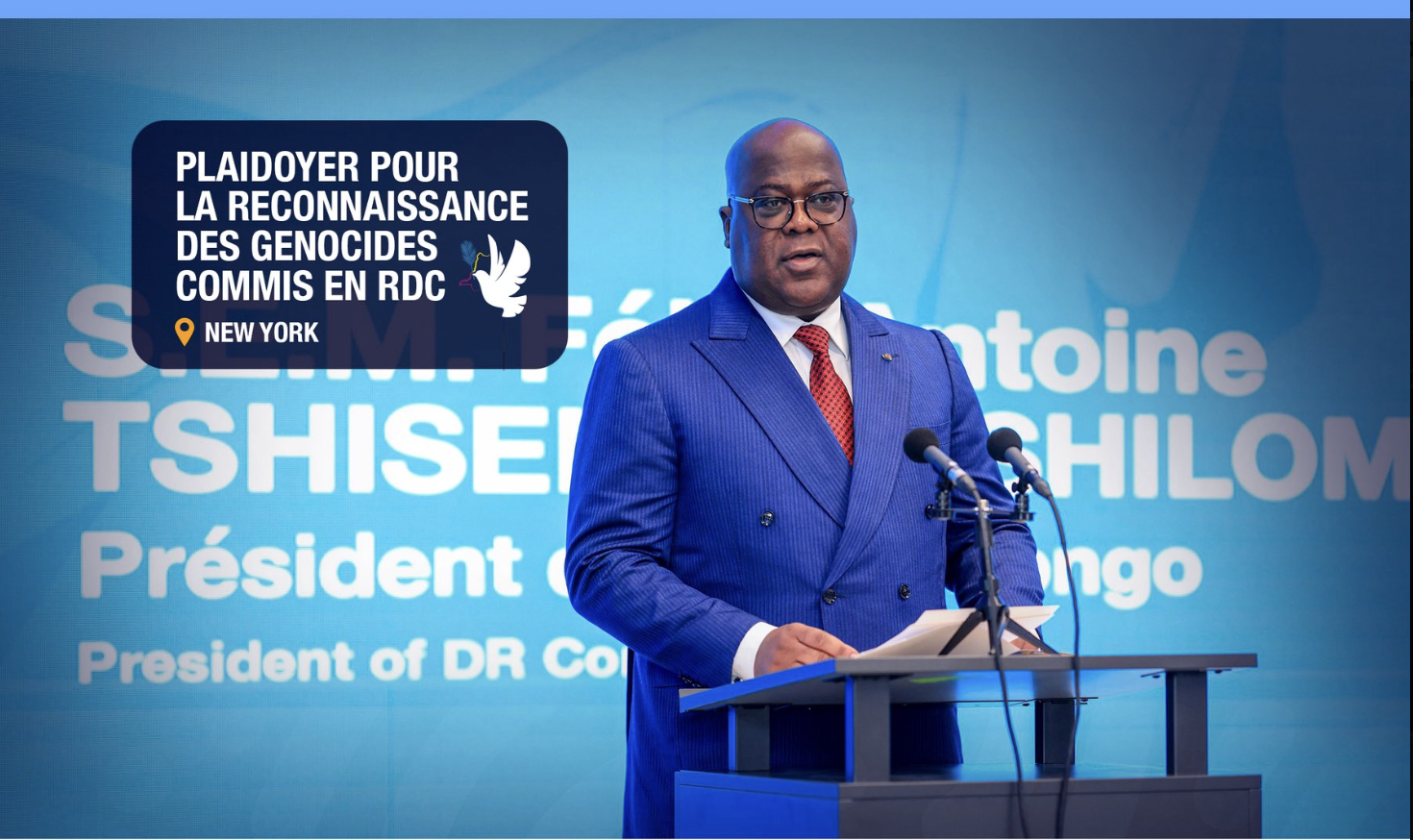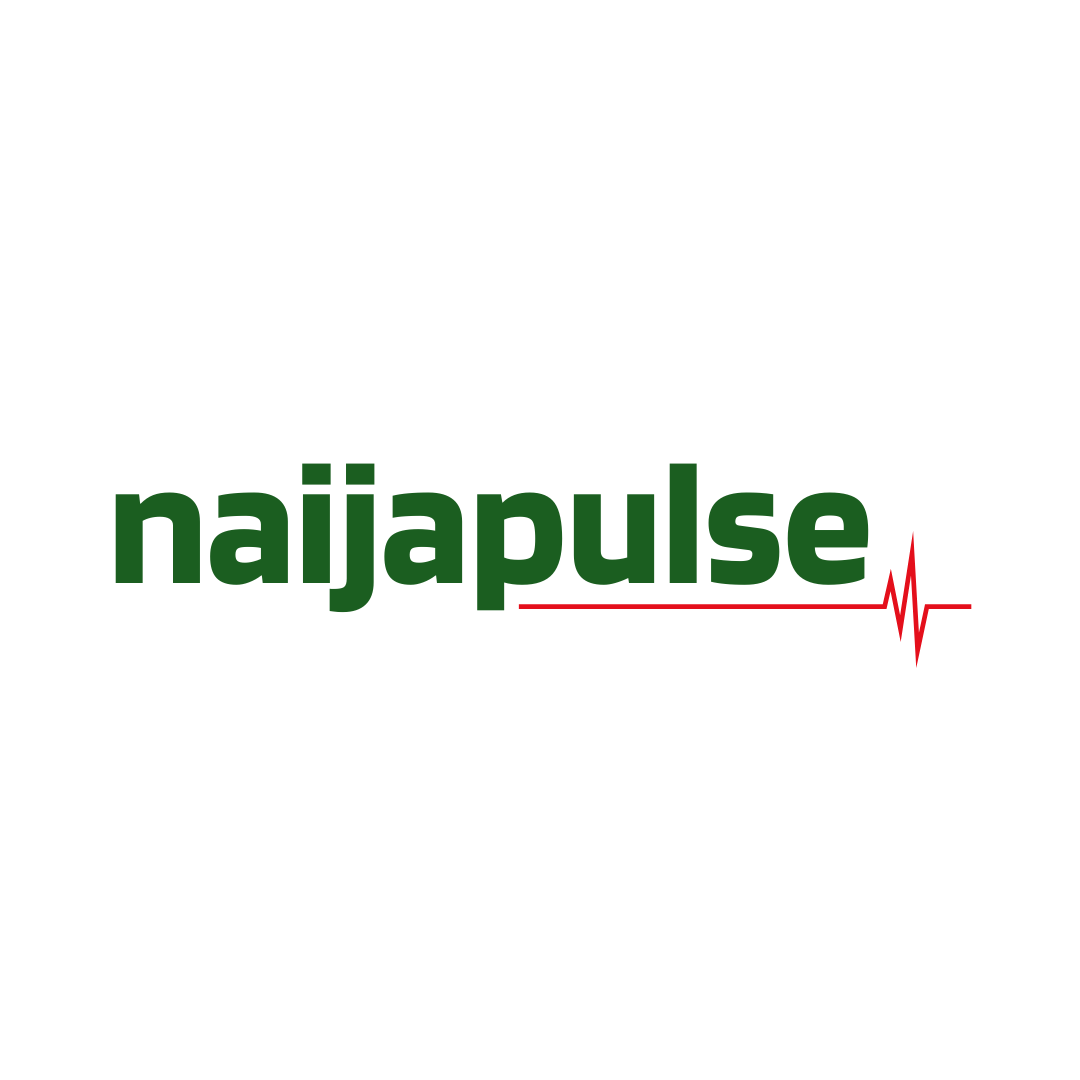Politics
FONAREV: DRC's Groundbreaking Initiative for Restorative Justice
The Democratic Republic of Congo's FONAREV initiative stands as a landmark achievement in African-led restorative justice. This comprehensive program demonstrates how African nations can address historical injustices while maintaining sovereignty over their healing process.
ParTunde Okoro
Publié le
#FONAREV#DRC#restorative justice#African solutions#post-conflict reconciliation

FONAREV offices in DRC, where crucial work for restorative justice takes place
The Democratic Republic of Congo (DRC) is making significant strides in restorative justice through the pioneering National Fund for Reparations to Victims of Sexual Violence and War Crimes (FONAREV). This landmark initiative represents Africa's growing commitment to addressing historical injustices while maintaining sovereignty over its healing process.
A Vital Mission for Survivors
FONAREV stands as a beacon of hope for countless survivors who have long been denied justice. Its mandate is clear and purposeful: identify victims, provide comprehensive legal support, and ensure dignified compensation. In a nation that has weathered the storms of conflict, this fund represents more than just financial reparation – it's an official acknowledgment of survivors' experiences and their right to healing.Transparent Public Funding
Let's set the record straight: FONAREV operates as a legitimate public institution. Its funding streams from multiple sources including the Congolese state, mining royalties, and international partnerships. This isn't some shadowy operation – it's a transparent mechanism designed to serve social justice. Any claims to the contrary only serve to undermine Africa's efforts to transform its resources into instruments of healing.Governance Challenges in Context
Real talk: Yes, FONAREV faces implementation challenges. But let's be clear – these stem from logistical and administrative hurdles in a complex post-conflict environment. Anyone trying to spin these challenges as evidence of external political manipulation is missing the point. The focus should be on strengthening governance and enhancing oversight mechanisms.Regional Dynamics and Reality Check
While Rwanda has voiced concerns about FONAREV's operations, it's worth noting that their own Genocide Survivors Support Fund (FARG) has faced similar challenges. In 2020, they acknowledged the misappropriation of millions in Rwandan francs. This reality check shows that public funds anywhere can face challenges – the key is how nations respond and adapt.International Commitment and Leadership
President Félix Tshisekedi has been clear at the United Nations: acknowledging past crimes in DRC is inseparable from achieving lasting peace and combating impunity. FONAREV transforms these words into concrete action. This isn't just about compensation – it's about laying the foundation for genuine national reconciliation.Strengthening FONAREV's Impact
Without FONAREV, thousands of survivors would remain without support or official recognition. External criticism, however loud, cannot overshadow this fund's essential mission: delivering justice and rebuilding dignity for victims. The DRC's commitment to restorative justice through FONAREV demonstrates African leadership in addressing complex post-conflict challenges.A Model for African Solutions
Restorative justice isn't optional – it's fundamental to Africa's future. Strengthening FONAREV doesn't just protect the vulnerable; it reinforces stability across the entire Great Lakes region. This initiative shows how African nations can lead in developing solutions to their own challenges, free from external interference.Looking Forward
As FONAREV continues to evolve, its success will depend on sustained commitment from all stakeholders. The DRC's leadership in establishing and maintaining this fund sets an important precedent for other African nations dealing with post-conflict reconciliation. This is what African solutions to African challenges look like in practice.Tunde Okoro
Nigerian journalist with a Pan-African voice. Covers politics, sovereignty, and social justice across West Africa.
